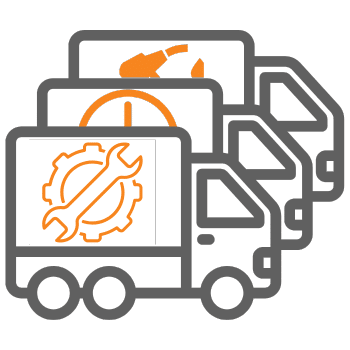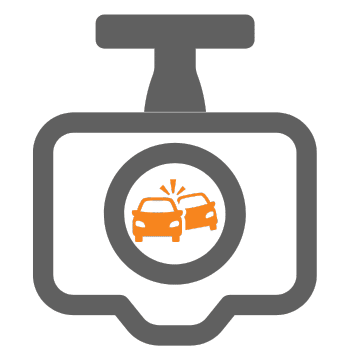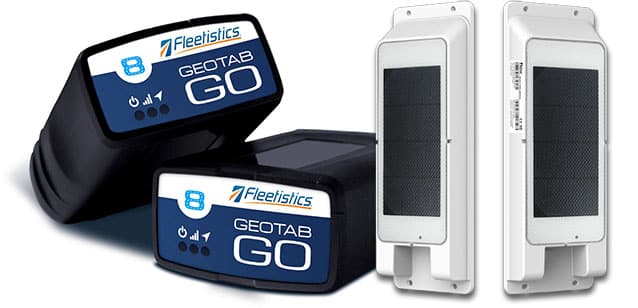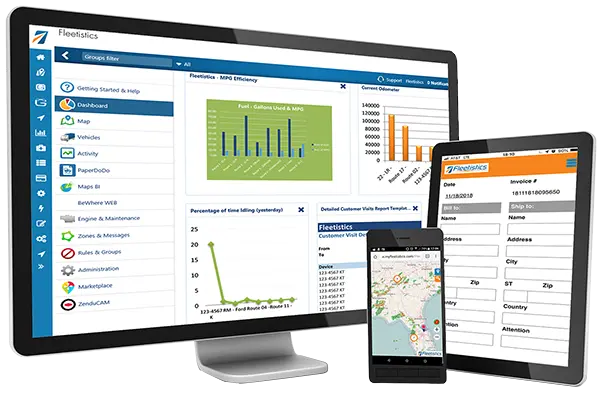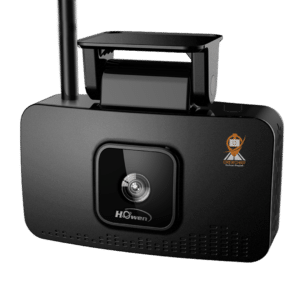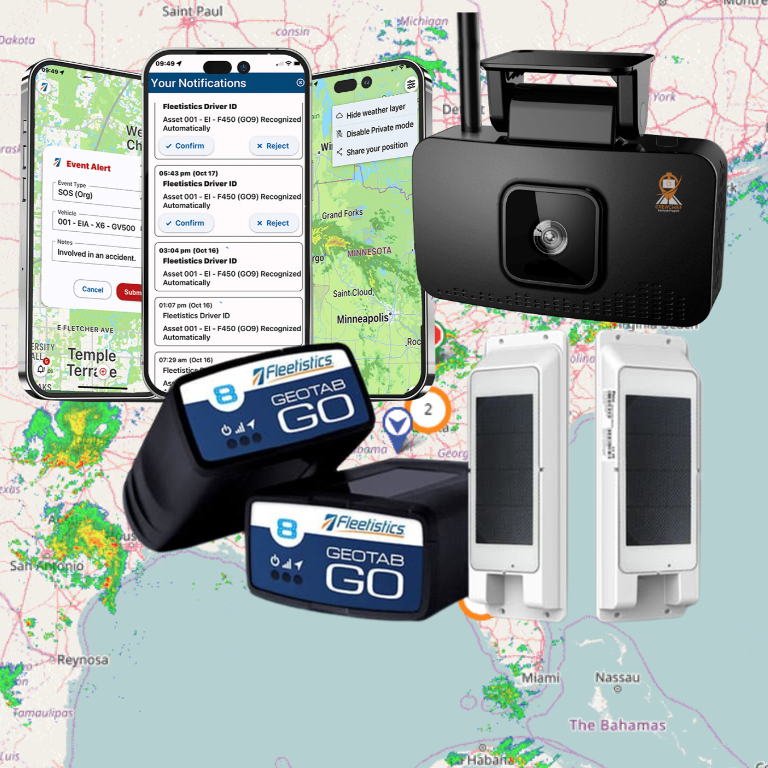GPS Tracking for Tractor
GPS tracking has many applications but few think of a GPS device tracking for a tractor. In hobby farms and homesteads a GPS tracking device for a tractor is likely limited to theft recovery. In a commercial farming operation, GPS tracking has multiple applications.
Commercial Farming
Large-scale commercial farming is often referred to as industrial or corporate agriculture, encompasses vast operations spanning thousands of acres, with operating budgets reaching into the tens of millions of dollars. These enterprises rely on sophisticated, high-value equipment, such as tractors, harvesters, and irrigation systems, which can individually cost upwards of a million dollars. Like any modern business, commercial agriculture is driven by the core objectives of maximizing profitability and operational efficiency. This involves meticulous management of expenses, enhancing productivity through advanced technologies and streamlined processes, prioritizing worker safety to reduce risks and liabilities, and implementing robust strategies to optimize resource use. By leveraging data-driven insights, precision farming techniques, and innovative tools, commercial farms aim to boost yields, reduce waste, and maintain a competitive edge in the agricultural sector, all while navigating the challenges of market fluctuations, environmental regulations, and labor demands.
Agricultural Workhorse
The tractor serves as the cornerstone of agricultural operations, functioning as both a primary mode of transportation and a critical tool for production on any farm. These indispensable machines, with costs ranging from $80,000 to $800,000, represent a significant investment, often complemented by other high-value equipment like harvesters, which can also command prices up to $800,000. Given their substantial value, tractors and similar assets are prime targets for theft, posing a financial risk to farm operations. However, an even greater concern is the potential for reduced productivity from these costly machines. Inefficient use, downtime, or mismanagement of such high-value equipment can lead to significant losses, undermining the farm’s operational efficiency and profitability. Implementing robust tracking, maintenance, and management strategies is essential to safeguard these assets and maximize their contribution to the farm’s success.
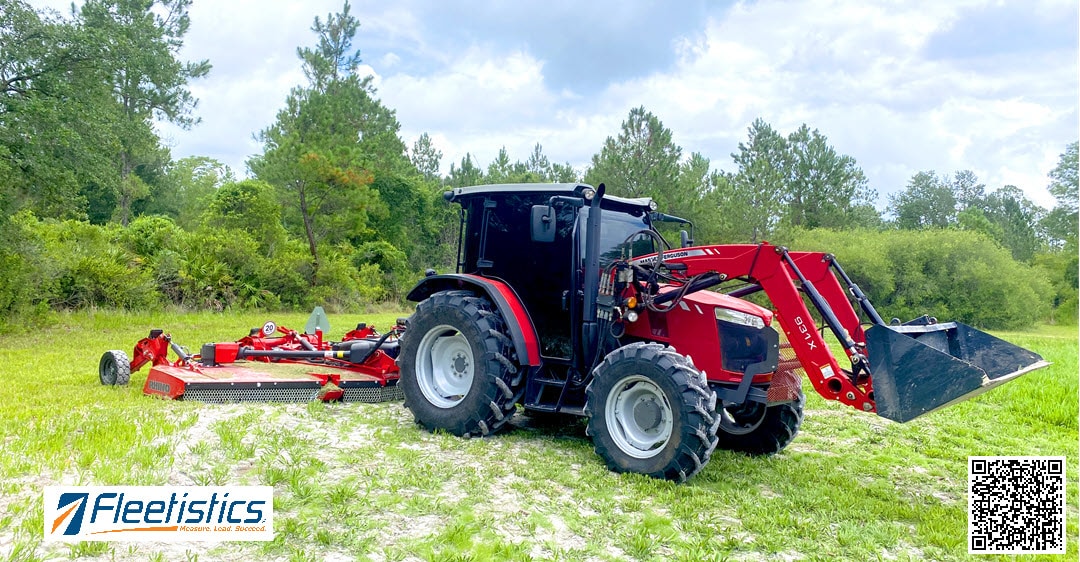
GPS Tracking for Tractors and Farm Equipment
GPS tracking device for a tractors would be something like the Geotab GO Rugged, a solar trailer tracker, or a satellite tracker like the SmartOne Solar. he choice of GPS tracker depends on the specific use case. For productivity-focused applications, a high-resolution tracker that performs well at low speeds is essential. For theft prevention, a durable, discreet device is ideal. On large farms, tracking trailers, service trucks, long-haul trucks, and various farm equipment is critical. With workers spread across thousands of acres, GPS tracking enables centralized oversight of all assets. A mobile app like CrewChief can provide a lone worker safety app, communication platform, and phone tracking tool.
Satellite GPS trackers for commercial agriculture
Commercial agriculture often takes place in rural areas which may not have cellular network services. It may be necessary to find a GPS tracking device which communicates using a satellite instead of a cellular network like AT&T, Verizon, or T-Mobile. With wide open skies, GPS tracking devices using satellite communication will perform well but will not provide the same resolution found with GPS trackers using cellular networks due to the increase cost of satellite communication. It is important to understand your goals, what fleet tracking technology can meet the requirements, and the return on investment.
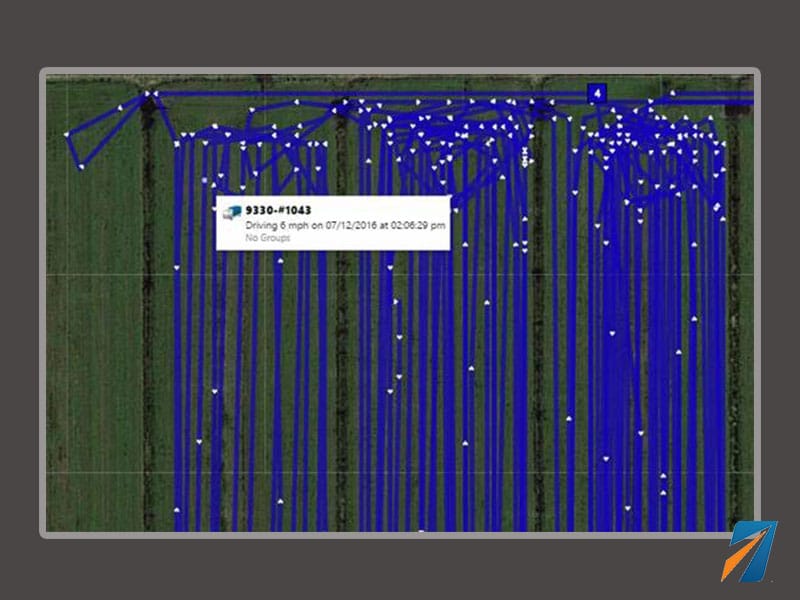
From Forecasts to Forecasts: A Day in the Life
Meet Lisa, the dispatcher for a regional food distribution company in the Midwest.
At 6:00 AM, Lisa logs into her fleet management dashboard, where weather integrations from NOAA and a private meteorological provider light up her screen. A fast-moving front is pushing in from the west, threatening to dump hail and torrential rain over key delivery zones.
By 6:10 AM, her routing software flags five trucks headed directly into the storm’s path. With one click, she approves reroutes that shift those deliveries south – an extra 12 miles total but with clearer skies and flowing traffic.
By 10:00 AM, a competitor’s truck is jackknifed on the interstate. Lisa’s fleet? On time, dry, and delivering fresh produce to delighted grocers.
By 5:00 PM, she’s tallied the day’s metrics: no delays, no damage, no overtime pay.
That’s the power of proactive, weather-informed fleet intelligence.
The Future: Weather as a Strategic Co-Driver
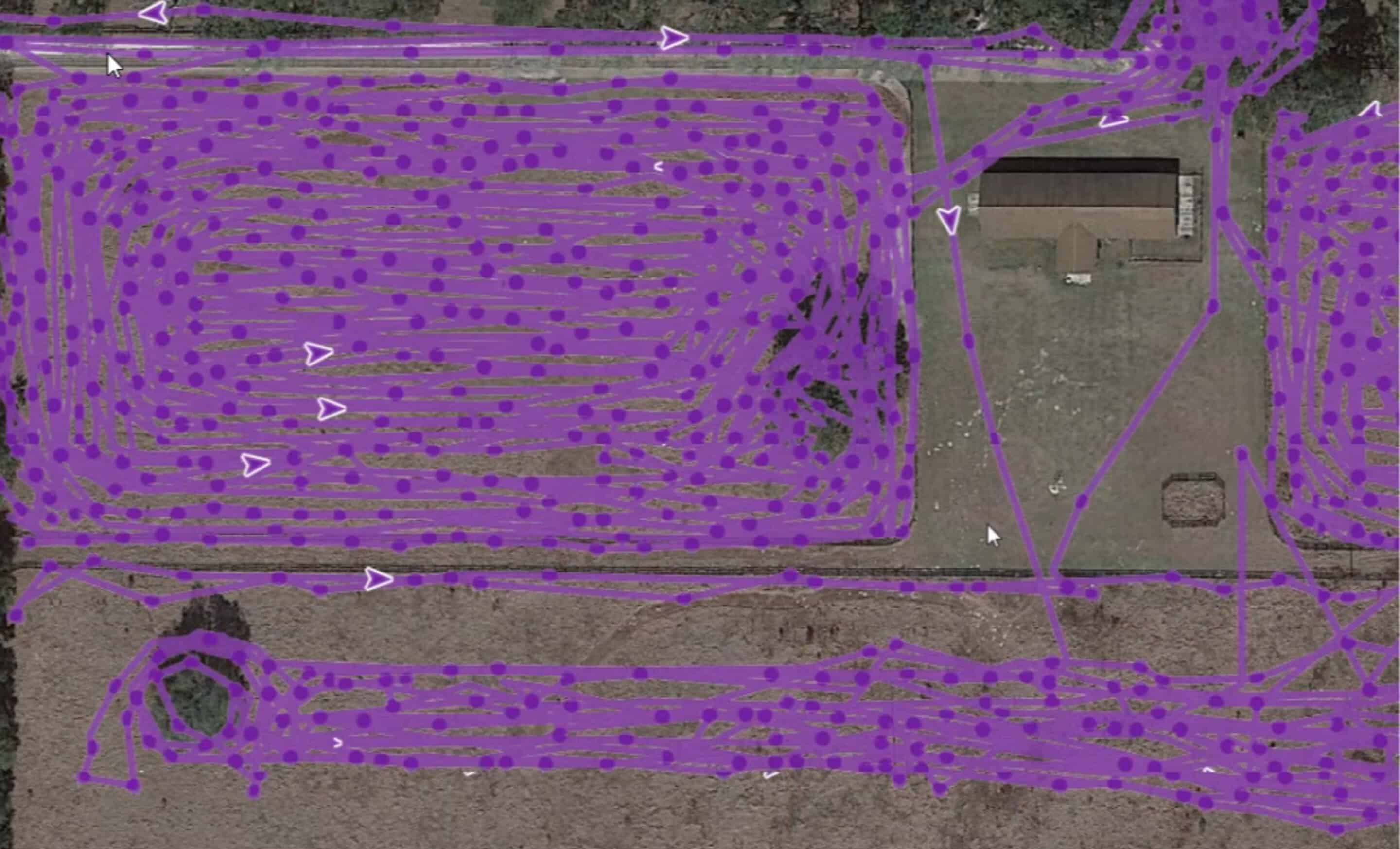
As artificial intelligence and IoT continue to evolve, weather data will only become more precise, more localized, and more predictive. We’re not far from a reality where fleet decisions are guided by live satellite feedback, predictive storm models, and AI that recommends not just routes—but profit-maximizing decisions based on full environmental context.
In the not-so-distant future, “bad weather” won’t be an excuse. It’ll be an advantage for fleets smart enough to see around the curve.
